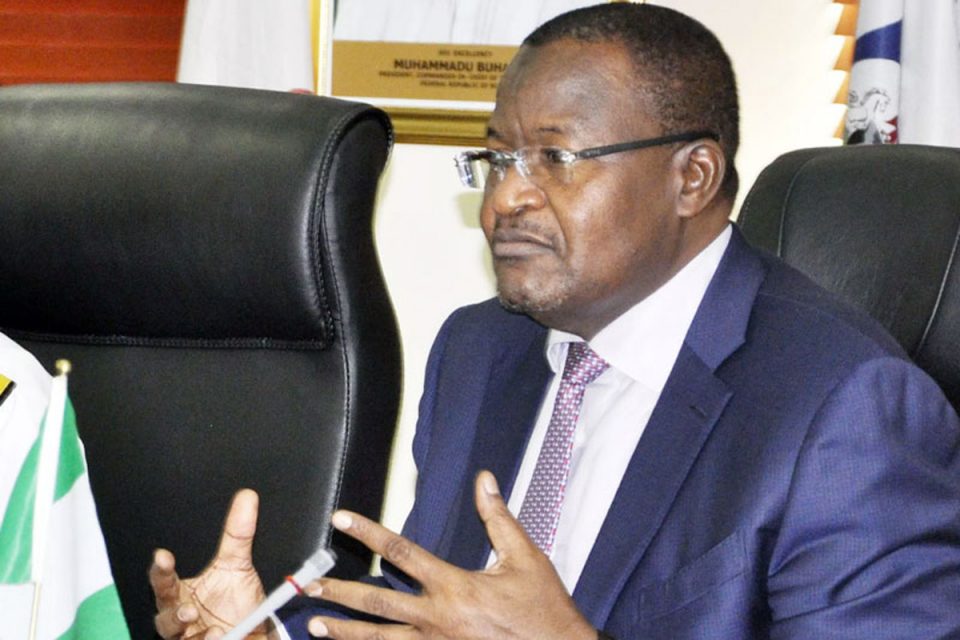The Nigerian Communications Commission has blamed inadequate Information and Communication Technology infrastructure, cost of deployment and challenge of electricity for the low level of ICT adoption and usage in the rural areas.
The Executive Vice Chairman and Chief Executive Officer, NCC, Prof Umar Danbatta, said this in a keynote presentation at the 2021 national conference, exhibition and annual general meeting of the Nigerian Society of Engineers in Abuja.
This was contained in a statement published on the NCC’s website titled, ‘There’s a Strategic Plan to Address Infrastructure Deficit in the Telecom Sector – Danbatta’.
Danbatta said the commission hoped to see infrastructure companies boost ICT infrastructure across local government areas in the next five months, adding that the NCC would take stringent regulatory decisions against infracos if they were unable to meet up to the task of bridging the infrastructure deficit.
The statement read in part, “The NCC CEO stated that the commission is waiting to see the infracos demonstrate creditable level of deployment in the cities and also discharge the burden of proof of the existence of access points in LGAs in the next five months.
“Otherwise, he stressed that the commission may have ‘to take firm regulatory decisions’ in the interest of the Nigerian people and start-ups, who have been waiting for the deployment of rural tech solutions to make contributions to the growth of the economy by exploring derivable benefits that accrue from a digitised economy.
“Danbatta bemoaned the level of ICT adoption and usage in the rural areas, declaring that it is low, compared to the rate of adoption in urban centres. This challenge, he attributed partly to inadequacy of ICT infrastructure, cost of ICT infrastructure deployment and challenge of energy (electricity).”
NCC to conduct 5G trial Thursday
The statement added that in an attempt to improve Nigeria’s broadband infrastructure, the NCC had divided the country into seven zones, consisting of the existing six geopolitical divisions, and Lagos constituting the seventh.
The NCC stressed the importance of Lagos as a strategic commercial and technological hub in the country.
“The NCC has proceeded to license companies for each of the seven zones to deploy broadband infrastructure that will ensure speed of up to 25 megabits per second in the rural areas. Each of the 774 local government areas of Nigeria will have an initial access point of at least 10 megabits per second,” the EVC stated.




